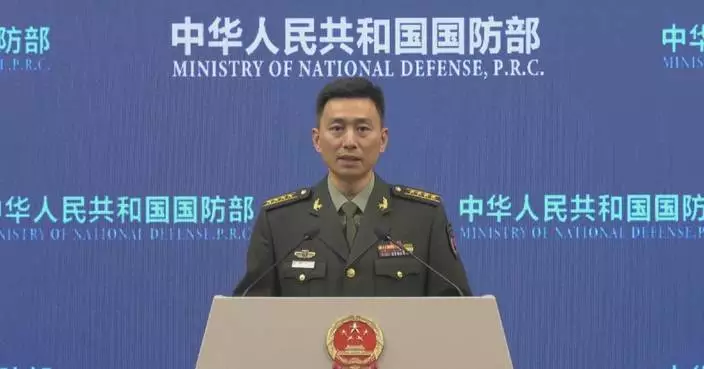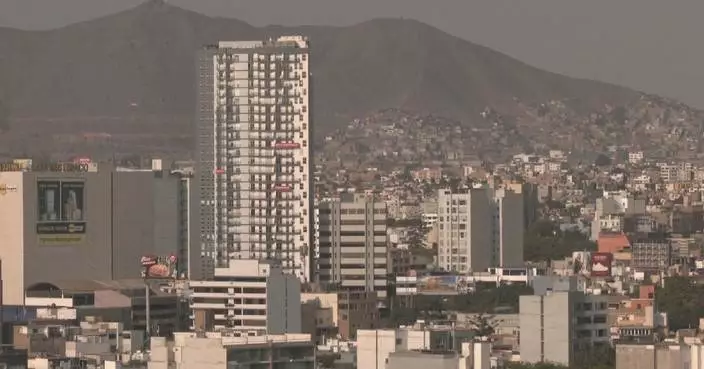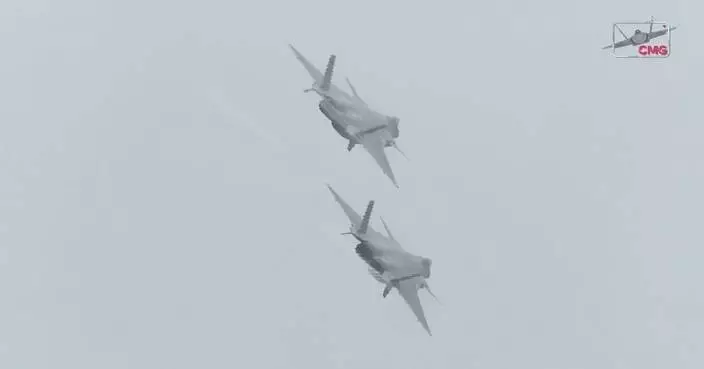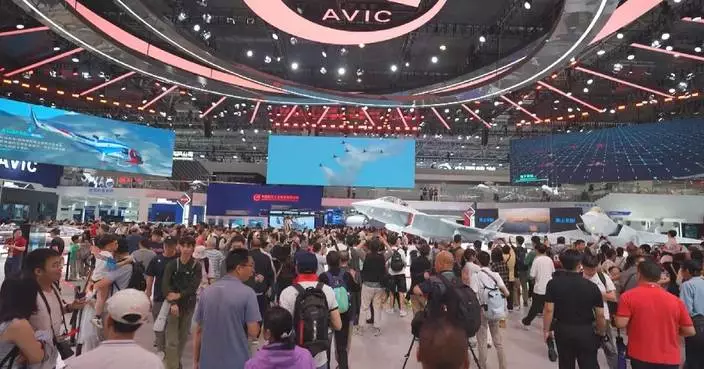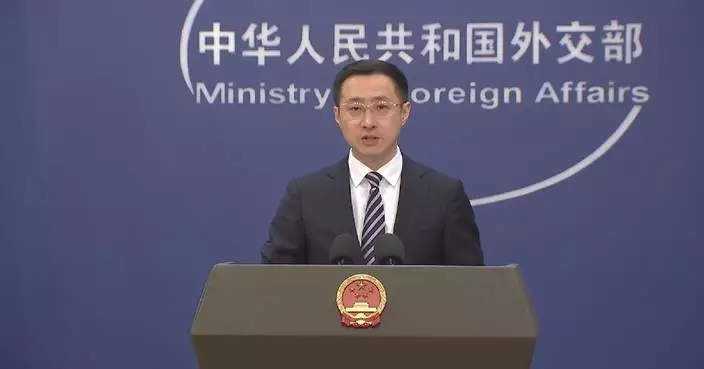Israel attacks hit two residential neighborhoods in Damascus on Thursday, killing at least 15 and injuring another 16.
The Israeli strikes targeted three residential buildings in the al-Mazzeh neighborhood in the capital and the Qudsaya area in Damascus countryside, according to Syria's state news agency SANA.
The airstrikes coincided with a visit by senior Iranian officials.
The actual targets of strikes remain unclear.
The bombings followed Israeli attacks on the Syria-Lebanon border in the province of Homs just a day earlier, which destroyed local roads and a bridge.
Civilians here express their growing fears for safety, with many deciding to flee as the airstrikes show no signs of abating.

Israeli strikes in Damascus kill at least 15
The newly-launched Shenzhou-19 astronauts will conduct fruit fly researches during their six-month journey aboard China's space station, aimed at studying the growth and behaviors of these insects at a distance of 400 km above Earth.
This is the first time that China has taken the small insects into space.
Earth provides a magnetic field as a basic guarantee for living, but Mars does not possess similar strong magnetic protection and the moon has none at all. Therefore, understanding how the human body responds to such an environment remains a major challenge in space exploration.
"The space station is in low-Earth orbit, where the magnetic field is about 70 to 80 percent of the level on Earth. We set up a geomagnetic group relatively aligned with Earth's magnetic field level. The other group is a device with magnetic shielding that reduces the magnetic field inside it to nearly zero, which we define as a sub-magnetic field. In each environment, there are two developmental stages: adult flies and pupae. We will release 15 adult flies and 40 pupae," said Li Yan, head of the project.
The fruit fly is one of the model species frequently used in genetic experiments. It is small, measuring only three to four mm in length, and has a short life cycle with fast reproduction capabilities, enabling it to produce a large number of offspring within a short period.
As the genes of fruit flies share many similarities with those of humans, the research can help understand human genetic diseases and provide insights into how humans adapt to space environments. Using fruit flies, the researchers will conduct animal experiments in sub-magnetic and microgravity complex environment for the first time, exploring the impact of the space environment on the survival, reproduction and brain function of animals -- including humans -- from both genetic and behavioral perspectives. The research will help establish a foundation for assessing how organisms adapt to space conditions.
"The samples to be returned are mainly frozen fruit flies. We will examine the changes in gene expression within these samples and compare them with similar parallel groups on the ground. Then we can analyze the effects of microgravity, the lack of magnetic field, and the combined impact of both conditions. We will also analyze the video data collected to see the overall changes in their behavior," said Li.
"If we look ahead to the future when humans undertake interstellar voyages or establish bases on the moon -- where the gravity is only one sixth of that on the Earth and the magnetic field is almost non-existent, similar to our current experimental settings. We need to understand how adaptable organisms are in such environments and what kind of health protection is required. This is what we need to explore through such experiments," said Li.
China launched the Shenzhou-19 crewed spaceship on Oct 30, sending three astronauts to its orbiting space station Tiangong for a half-year stay. The trio in mid-November will witness the arrival of Tianzhou-8 cargo craft, which will send up supplies and experiment payloads, including the sub-magnetic facility with fruit flies, according to the researcher.
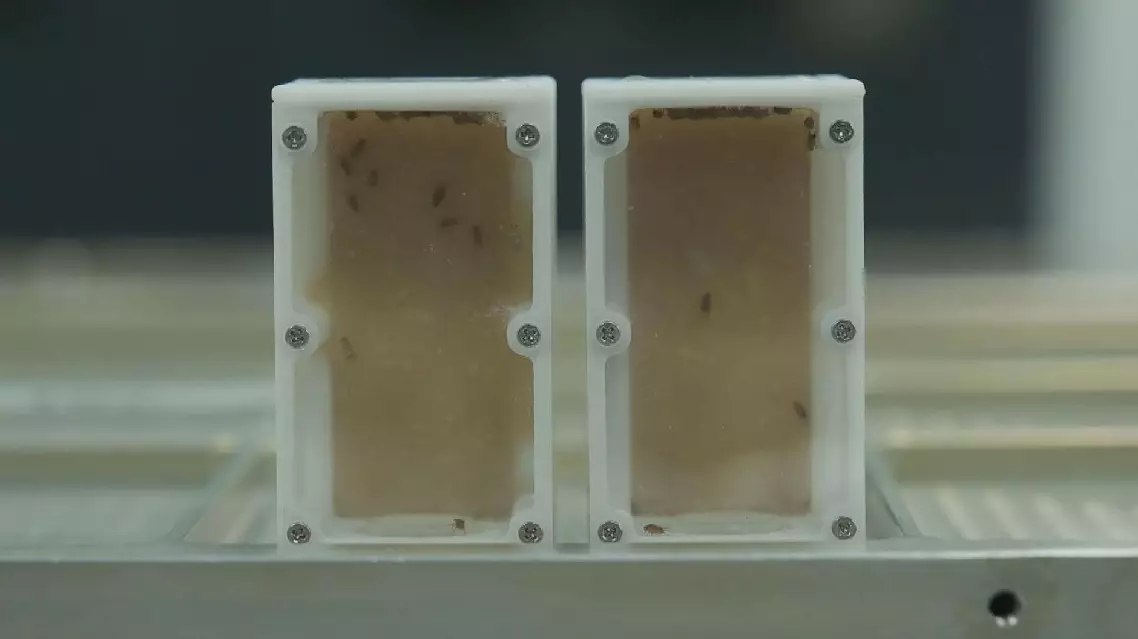
Chinese astronauts to conduct in-orbit experiments on fruit flies




